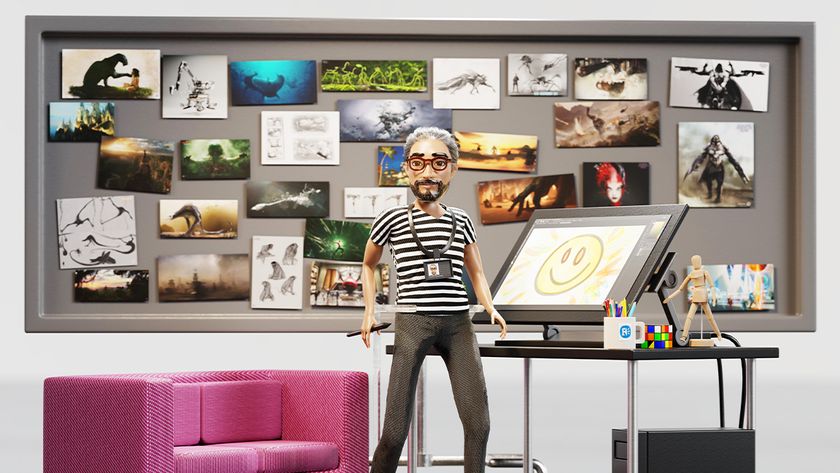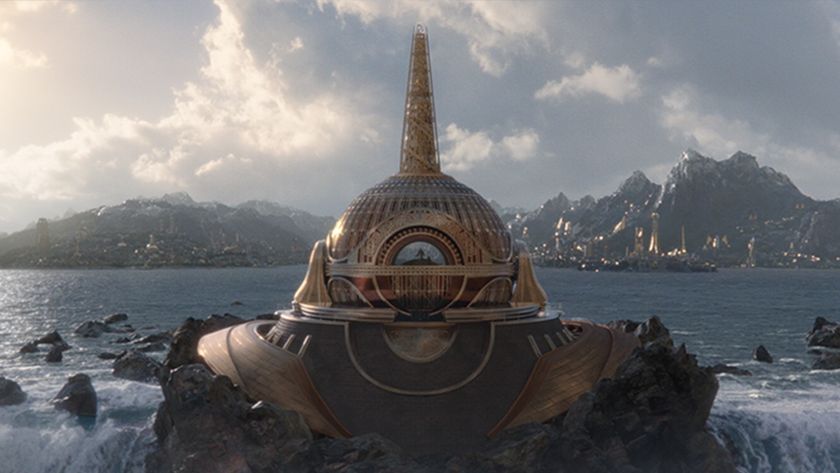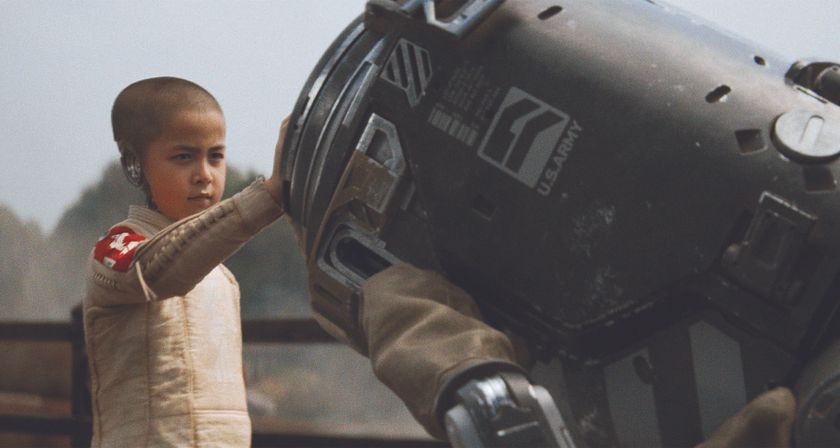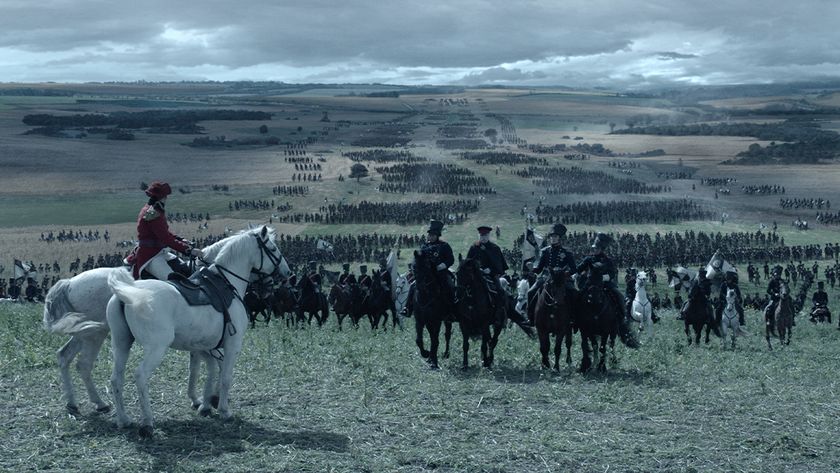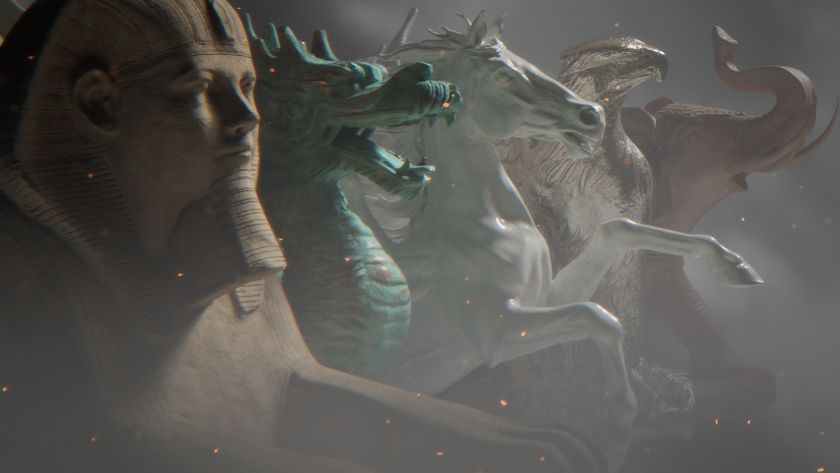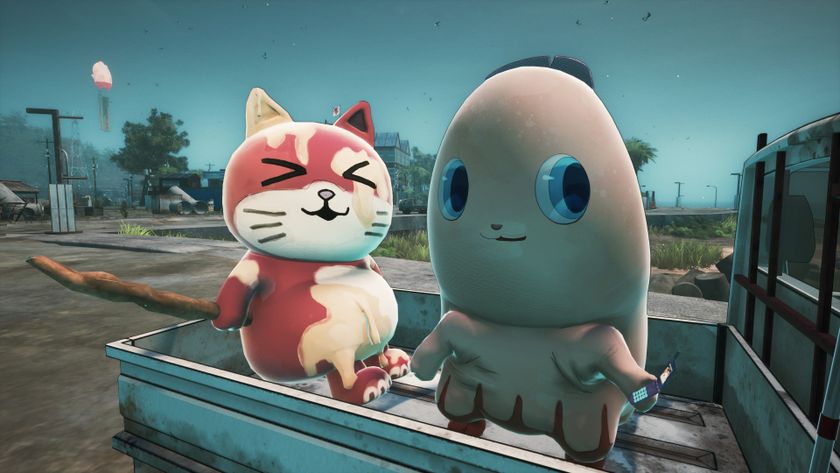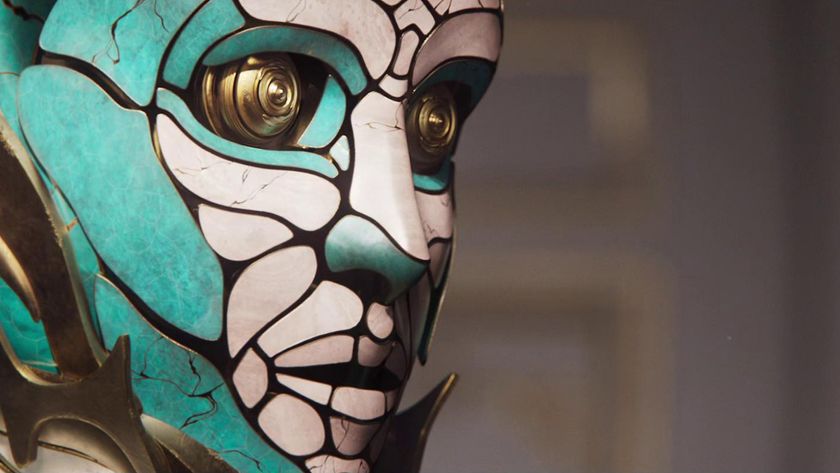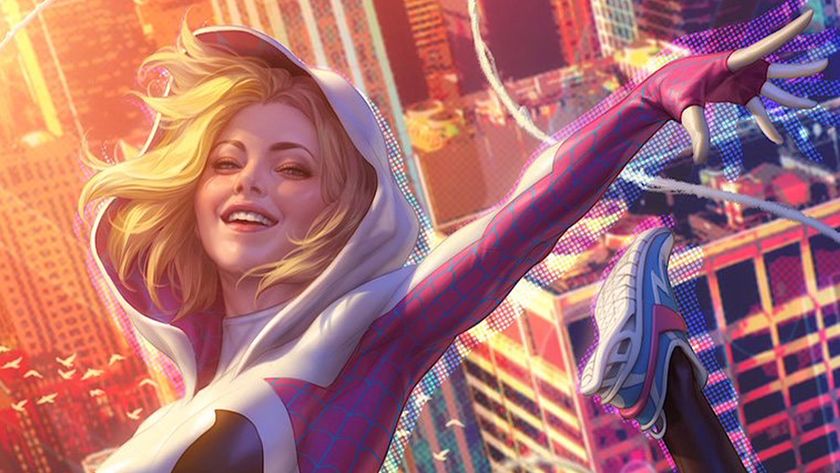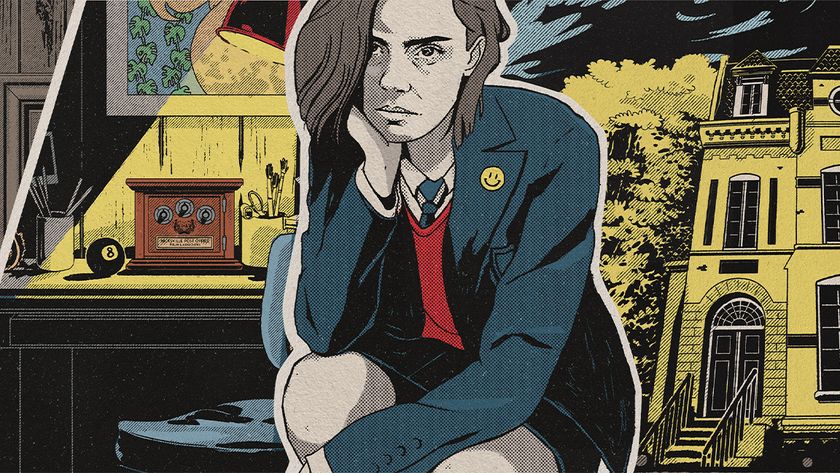How to break into the VFX industry
With VFX constantly evolving, there’s no such thing as a straightforward career path.

Hosted in London's landmark O2 Arena, the recent VFX Festival 2016 was an invaluable chance for students and qualified VFX artists to gain a deeper understanding of the industry, hear about the latest creative developments, meet studios in person, and if they're lucky, land a job.
With the industry covering a broad range of ever-changing skills and tools, it seems the career of a VFX artist can branch out in surprising directions. But how can you get started?
"Stay in school, finish everything, and you'll have an overall impression of the industry," advises independent director and motion designer JM Blay. "Later on you can specialise and finish your studies." JM also combines his design career with an educational profile. "It's not related at all," he laughs, when talking about whether his PhD has helped him progress his motion graphics career, although it has helped with the "constant, constant remembering of all the skills you need to learn."
"Motion graphics is an intermediate profession; you can have it in movies, animations, games, even in education," he adds. "Every industry needs a motion graphics designer. It can't be put inside a box. You can have super different profiles inside the same field. You can do anything."

However, having worked as a motion designer with different studios for over 20 years, JM has seen how the prominence of digital artists has overtaken higher education. "The change has been really recent. And universities are always behind the industry, they always try to mimic what the industry is doing at that time."
With the explosive growth of interest in VFX and CG animation outstripping university places, it's no surprise that people are getting into the industry from different angles and bringing unique skills to the table.
"I think it's usually that people want to get into games, but they don't know exactly what they want to do in games," explains Sharan Bassi from video games recruitment agency Aardvark Swift. "We get a lot of people that like art but don't know where to take it. In terms of environment art or character art or props or vehicles, there's lots of strands that you can go off on to. You can definitely get into the games industry accidentally.
Get the Creative Bloq Newsletter
Daily design news, reviews, how-tos and more, as picked by the editors.
"But similarly once you're in the industry you don't know quite where you're going to go." A convergence of tools has only added to this lack of a rigid career path. "There are loads of overlaps, but with new technologies like VR and mobile industry increasing there are definitely going to be newer skills that companies are looking for, which will lead to new roles, especially with VR where artists need to be able to use Unity and learn new skills."
Formal education isn't for everyone though, and director Hasraf Dulull explains that you can get far by teaching yourself and working hard.
"I didn't go to film school, I didn't take the traditional route of what a lot of film directors do," he says. "I used to work in video games, so everything I've learnt about filmmaking has been through visual effects. And it was through being a VFX supervisor that I realised that I wanted to make movies," Hasraf enthuses.
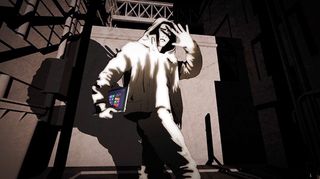
For Hasraf the big learning curve was realising you don't need to rely on other people to achieve your ambitions. Learning on the job and adapting to challenges, and hard work, pays off in the end.
One person who can relate to this self-made attitude is ILM's sequence supervisor Scott Pritchard.
"For those that want to take their first steps into the industry, be persistent," he says. "I had a bunch of rejection letters from all these different companies because my showreel wasn't good enough. I was halfway through university at the time."
He continues, with advice that applies to any creative ambition. "It took a lot of knocking on doors because there's a lot of competition in the industry. But I think be passionate, be curious, and I think if you can have a passion for telling a story – because ultimately that's all we're doing – if you can focus on that, then you're going to score big time."

Thank you for reading 5 articles this month* Join now for unlimited access
Enjoy your first month for just £1 / $1 / €1
*Read 5 free articles per month without a subscription

Join now for unlimited access
Try first month for just £1 / $1 / €1
Dom Carter is a freelance writer who specialises in art and design. Formerly a staff writer for Creative Bloq, his work has also appeared on Creative Boom and in the pages of ImagineFX, Computer Arts, 3D World, and .net. He has been a D&AD New Blood judge, and has a particular interest in picture books.
